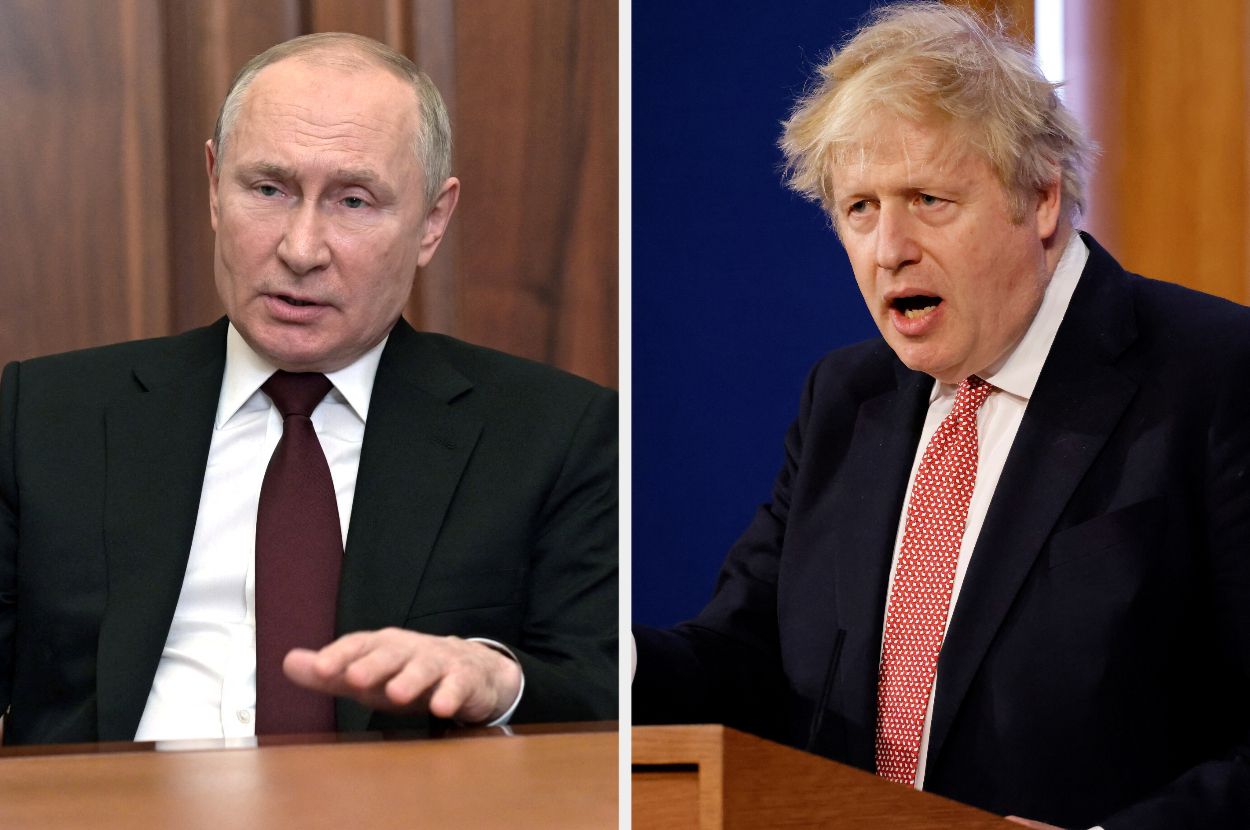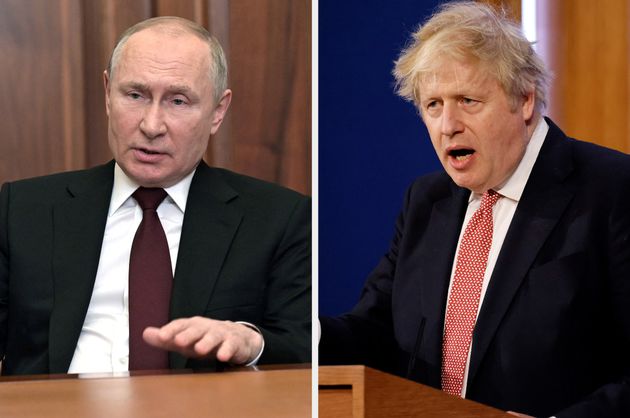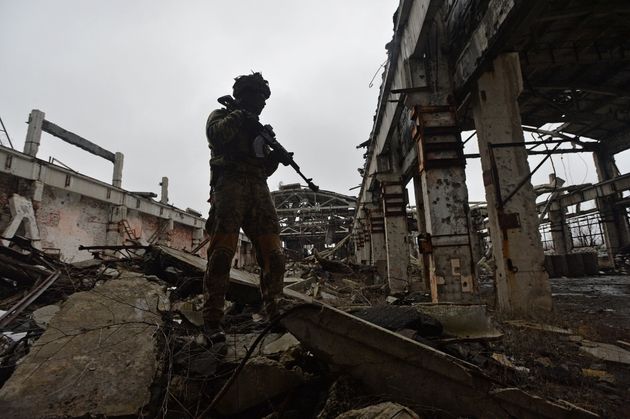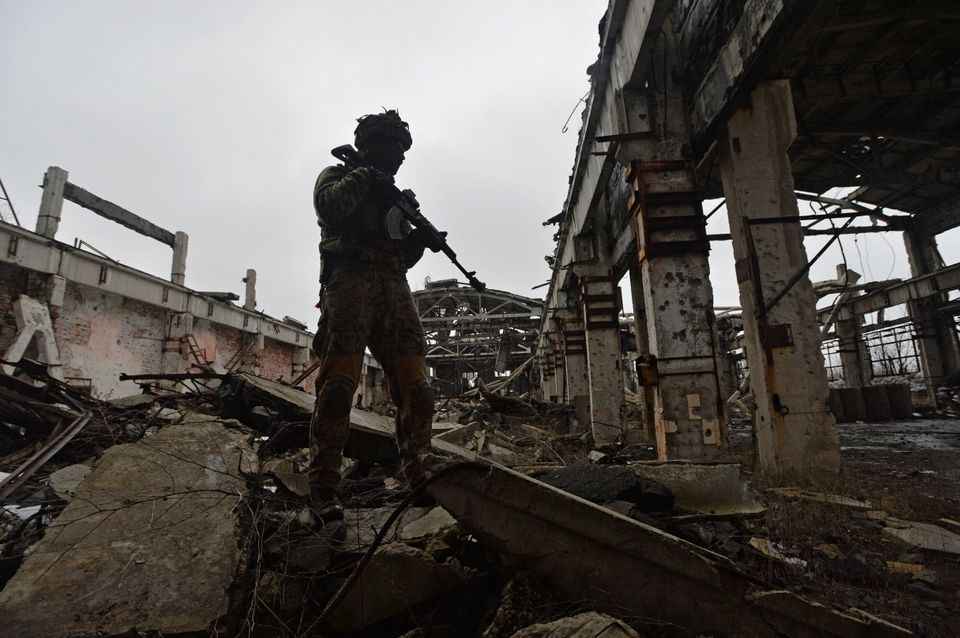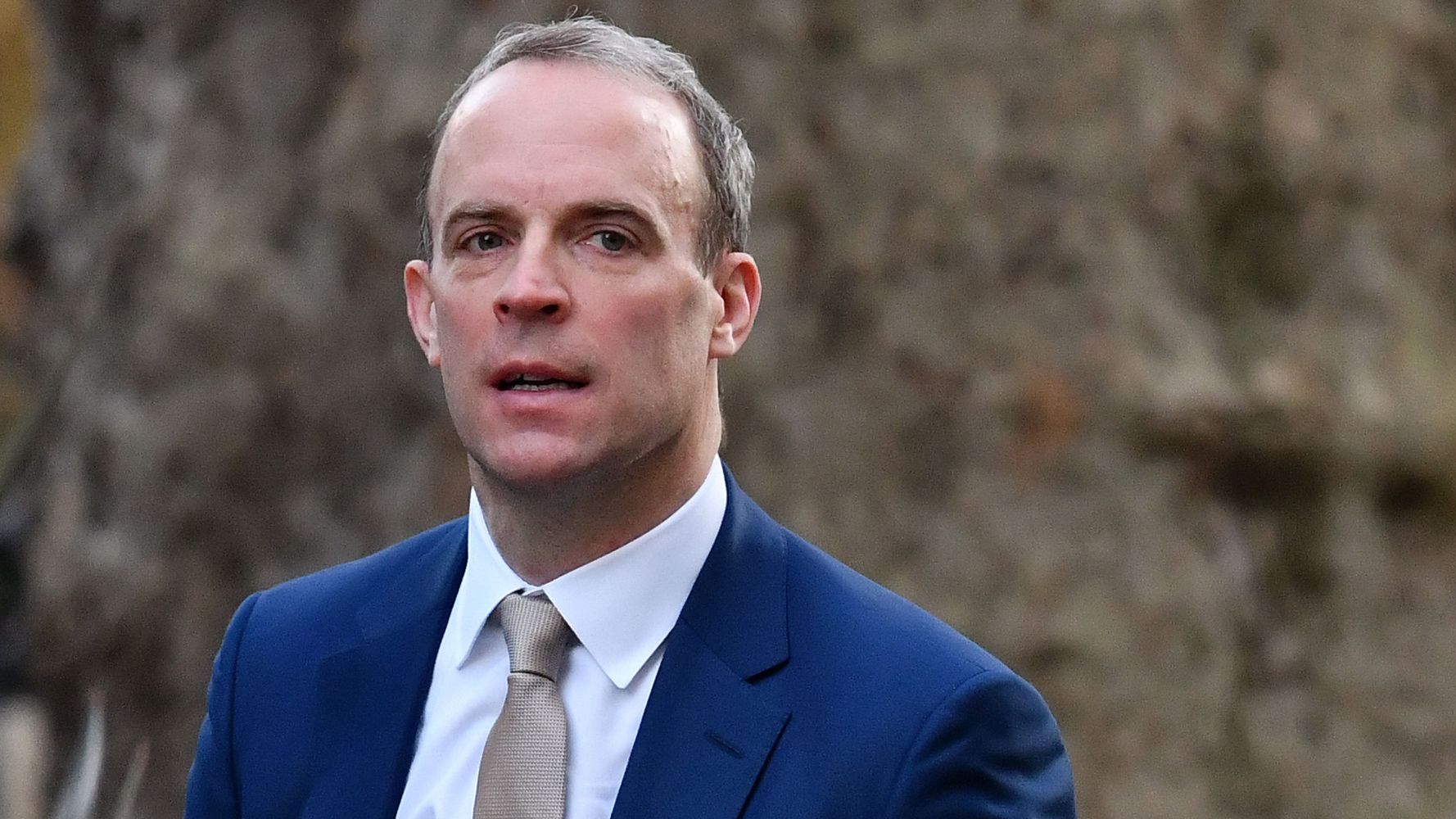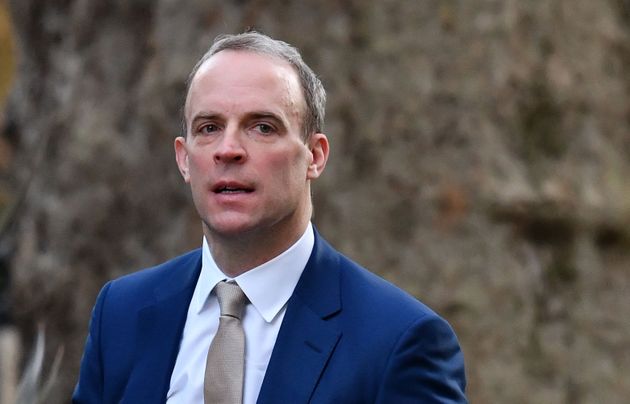Boris Johnson has hinted Russia could face fresh sanctions as Vladimir Putin said he would recognise two breakaway republics in Ukraine.
The UK prime minister said the Russian president’s decision to acknowledge Donetsk and Luhansk’s claims to independence was a “very dark sign” that is “plainly in breach of international law”.
On Monday, the Ukraine crisis intensified as Putin used a long speech to recognise the two rebel-controlled regions in eastern Ukraine, which breaches the 2015 protocol that ended the conflict in Donbas.
The comments come amid mounting Western fears that Russia, which has massed an estimated 150,000 troops near Ukraine’s border, is poised to invade.
The move appears to have dashed hopes for a diplomatic breakthrough which had been raised with the possibility of talks between Putin and US president Joe Biden.
Johnson said he was considering whether the actions could trigger the imposition of fresh sanctions on Russia, as foreign secretary Liz Truss said Putin’s actions could not be allowed to go “unpunished”.
At a Downing Street press conference, the PM said: “This is plainly in breach of international law, it’s a flagrant violation of the sovereignty and integrity of Ukraine.
“It is a repudiation of the Minsk process and the Minsk Agreements.
“I think it’s a very ill omen and a very dark sign.”
It was “yet another indication that things are moving in the wrong direction in Ukraine”.
The prime minister had previously said sanctions would be triggered if Russia invaded Ukraine.
But he said: “Plainly what has happened is extremely bad news and we will be urgently talking to our friends and allies around the world, all of whom are jointly signed up with us in this package of sanctions.”
Johnson said it was “becoming clear that we are going to need to start applying as much pressure as we possibly can”.
“It is hard to see how this situation improves,” he acknowledged.
But he added: “I think there’s a sort of chance that (Putin) could row back from this, and we’ve got to pray that that’s the case.”
The prime minister said he would speak to Ukraine’s president Volodymyr Zelensky to “offer him the support of the United Kingdom”.
Meanwhile, the foreign secretary said the recognition of the Donetsk People’s Republic and the Luhansk People’s Republic as independent states “demonstrates Russia’s decision to choose a path of confrontation over dialogue”.
“We will co-ordinate our response with allies,” she said.
“We will not allow Russia’s violation of its international commitments to go unpunished.”
The government has already promised a tougher sanctions regime to deal with any Russian transgression, with MPs expected to approve the new framework on Tuesday.
Shadow foreign secretary David Lammy said: “This blatant breach of international law must be met with consequences from the international community.”
The European Union announced it would impose sanctions in response to Russia’s recognition of the two states.
In a joint statement, European Commission president Ursula von der Leyen and European Council president Charles Michel said it was an “illegal act”.
Nato secretary general Jens Stoltenberg said: “This further undermines Ukraine’s sovereignty and territorial integrity, erodes efforts towards a resolution of the conflict, and violates the Minsk Agreements, to which Russia is a party.”
Earlier defence secretary Ben Wallace has said there was still “strong cause for concern” that Putin remained committed to an invasion of Ukraine, despite diplomatic moves to end the crisis.
In a Commons statement, he said Russian forces were continuing to move towards the border zone contrary to repeated assurances given by Moscow.
There were now more than 110 battalion tactical groups massed along the border while the Black Sea fleet included two amphibious groups and nine cruise missile-equipped ships with a further four cruise missile-capable vessels in the Caspian.
At the same time, he said there had been “a proliferation of false flag operations and propaganda stunts and Russian news outlets carrying fictitious allegations”.
Downing Street said intelligence reports suggested the Russian plan “has in effect already begun” and that it was “starting to play out in real time”.
Nevertheless Johnson’s official spokesman said there was still a “window for diplomacy” after it appeared that a tentative agreement had been reached on a crisis summit between Putin and Biden.
Following a series of lengthy calls involving French president Emmanuel Macron, the White House said talks could go ahead provided there had been no invasion.
However Kremlin spokesman Dmitry Peskov said later that while the two leaders could meet if they considered it necessary, no plans for a summit had been agreed.
“It’s premature to talk about specific plans for a summit. The meeting is possible if the leaders consider it feasible,” he said.








